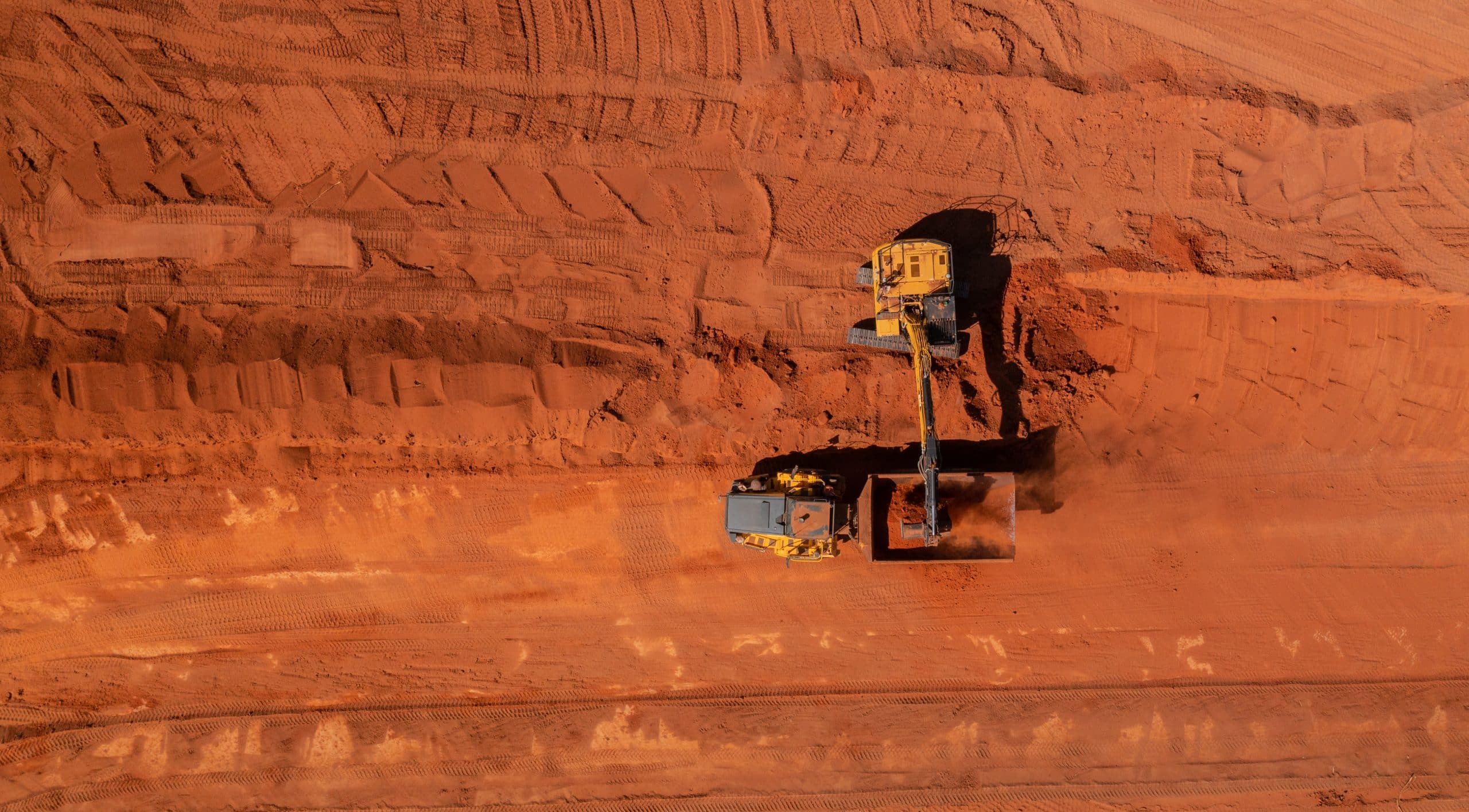Arafura's Nolans project stands out in the rare earth sector because it's actually ready to build. While many companies in this space are still working through permits and feasibility studies, Nolans has been in development for over two decades and has all the necessary approvals in place.
The project has secured over $1 billion in debt financing, which is a significant milestone in the rare earth industry. Even more impressive is that binding offtake agreements are already in place for approximately two-thirds of the planned production. This means customers have already committed to buying the majority of what Arafura will produce.
What makes this particularly compelling for investors is that only equity funding remains before construction can begin. This positions Arafura as a near-term supplier outside of China, which is increasingly important given global supply chain concerns.
Table of Contents
WATCH THE PODCAST WITH DARRYL CUZZUBBO
Strategic Advantage: Full Oxide Production Route
Arafura has made a strategic decision that sets it apart from many competitors. Instead of simply mining and exporting concentrates, the company has chosen to process ore all the way to oxides.
This approach solves several critical problems. First, it completely avoids the radiation challenges that come with intermediate rare earth products. These radiation issues are often misunderstood by the market but represent real operational and regulatory hurdles for companies trying to process concentrates elsewhere.
Bypassing China Entirely
By producing oxides directly, Arafura can completely bypass China's processing infrastructure. This is crucial because China currently dominates rare earth processing, creating supply chain vulnerabilities for companies and countries seeking alternatives.
The ore-to-oxide route also unlocks access to premium pricing and strategic offtake partners. Companies and governments willing to pay more for non-Chinese rare earths prefer dealing with oxide producers rather than concentrate exporters.
Looking ahead, this processing capability positions Arafura to become a regional processing hub, potentially handling third-party concentrates from other Australian rare earth projects.
MP Materials' US$110/kg Price Floor Signals Market Bifurcation
The U.S. government's pricing intervention through MP Materials has created something new in the rare earth market. The $110 per kilogram price floor for neodymium-praseodymium (NdPr) signals the creation of a separate ex-China price index.
This development is particularly beneficial for Arafura because the company has already incorporated floor pricing mechanisms into two of its existing offtake contracts. This provides downside protection for investors while maintaining upside potential.
The company is strategically holding back on signing additional offtake contracts to take advantage of what it expects will be a functioning ex-China price index. This approach could result in significantly higher pricing for future production commitments.
Arafura's Financiers Include Governments from Five Countries
The level of government support behind Arafura's project is remarkable. The company has raised debt from export credit agencies in Australia, Germany, Korea, and Canada. This multi-country backing demonstrates the strategic importance governments place on developing non-Chinese rare earth supply chains.
Risk Mitigation Through Government Support
Approximately $430 million in contingencies and completion support have been built into the financing structure. This significantly reduces construction risk for equity investors, as government agencies are providing backstop support for potential cost overruns or delays.
The robust due diligence process required by these government lenders also means the project has been thoroughly vetted. This level of scrutiny typically makes institutional equity investors more comfortable with committing capital.
Phase Two: Expansion + Becoming a Rare Earth Processing Hub
Arafura's long-term vision extends well beyond its initial production phase. The company's site has been designed to enable third-party concentrate processing, which could help solve Australia's midstream processing gap.
Funding Without Dilution
Phase Two expansion is designed to be funded without equity dilution by leveraging unused contingency funds from Phase One. This approach protects existing shareholders from having their ownership stakes reduced while still enabling growth.
The processing hub concept gives Arafura optionality and strengthens its role in enabling other Australian rare earth projects to bypass China. As more domestic projects come online, Arafura could capture additional revenue streams by processing their concentrates.
Market Misunderstanding Creates Opportunity
According to CEO Darryl Cuzzubbo, the market generally doesn't understand the rare earth sector. This knowledge gap creates opportunities for informed investors who take the time to understand the technical and strategic differences between companies.
Cost Advantages From Unique Ore Body
Arafura's competitive position stems from sitting on a large phosphate-hosted ore body. This geology enables the company to produce phosphoric acid as a byproduct credit, which significantly reduces operating costs. The ore body chemistry also means the company doesn't need to neutralize waste streams, saving on reagent costs.
These natural advantages push Arafura into the lowest cost quartile globally, even compared to current Chinese producers. Combined with the ability to capture premium pricing through oxide production, this creates a compelling profit margin story.
The large scale of the ore body also provides growth optionality. As global demand for rare earths continues growing, Arafura has the resource base to support expanded production over many decades.
Strategic Importance to Australia
Arafura's processing hub ambitions align with Australia's broader strategic goals. The country has abundant rare earth resources but lacks midstream processing capabilities. Most Australian rare earth projects currently plan to export concentrates, creating a bottleneck.
By developing domestic processing capabilities, Arafura could "unlock the rest of the rare earth sector in Australia," as CEO Cuzzubbo puts it. This would reduce the country's dependence on Chinese processing and create a more resilient supply chain for critical materials.
The company's approach addresses both the radiation management challenges that many projects face and the need for reliable, non-Chinese processing capacity. This combination of technical capability and strategic positioning makes Arafura uniquely valuable in the current geopolitical environment.

